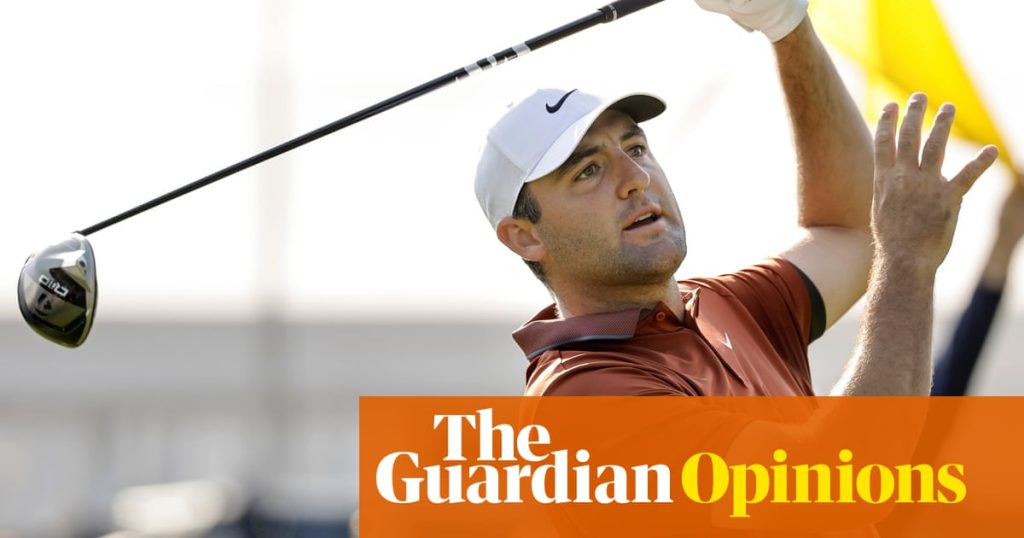Debate on Mud Balls in Golf
Mud balls may not seem like an important topic, but they can significantly impact a golfer’s performance by attaching soil to the ball, making it harder to control. Scottie Scheffler and others argue that this random element is inappropriate for a major tournament like the US PGA Championship. However, there’s a counter-argument suggesting that golf isn’t meant to be entirely fair or perfect, reflecting a common debate in sports.
Scheffler’s Frustration
During his first round at Quail Hollow, Scheffler referenced his own experience with mud balls to explain a poor shot that ended in water. After just a few questions on the topic, he expressed a desire to move on, stating, “By the way, this is going to be the last answer that I give [on this subject].” His reaction underscores a shift in his approach to media inquiries, particularly about golf balls.
Media Relations in Golf
A year prior, Scheffler handled a farcical incident involving police with grace, receiving praise for his self-deprecating demeanor. However, the dynamics between golfers and the media have evolved notably over the past year, signaling a potential rift.
Criticism and Anonymity
Golfers usually enjoy favorable media coverage, a contrast to those who moved to the LIV tour backed by Saudi Arabia, facing intense scrutiny. If they think this is tough, they should consider the media treatment of Premier League footballers. A 2005 incident featuring Tiger Woods highlights the media’s sometimes insensitivity, as his serious revelation about his mother was quickly overshadowed by a question about his gameplay.
The New Generation of Players
Recently, Collin Morikawa reinforced a growing trend among golfers, stating, “I don’t owe anyone anything,” after avoiding media appearances post-tournament. Unlike many American sports, golfers aren’t contractually bound to speak with the press after rounds, and while Morikawa was within his rights, he could have better justified his decision to leave.
Challenges of Fame in Golf
Although players like Morikawa have amassed considerable wealth from their talent, this success doesn’t necessarily translate to public recognition. Unlike Tiger Woods, contemporary golfers often live with relative anonymity, which, while appealing, may also indicate a lack of broader appeal in the sport.
Timing and Media Expectations
Shane Lowry raised a valid point regarding media inquiries, expressing his discomfort with being asked about Rory McIlroy immediately after a disappointing finish. He suggested that golfers should have time to compose themselves before facing cameras, akin to the allowances given to tennis players. While this approach has its challenges for the press, the sensitivity shown in instances like Lowry’s and McIlroy’s is warranted, especially amidst personal grief or struggles.



